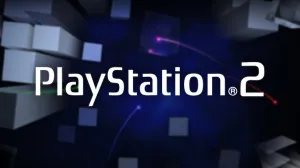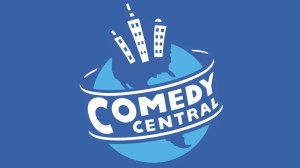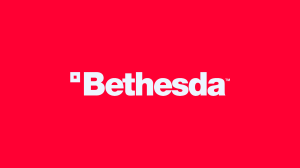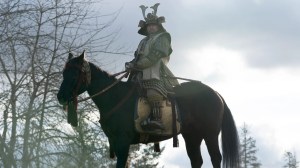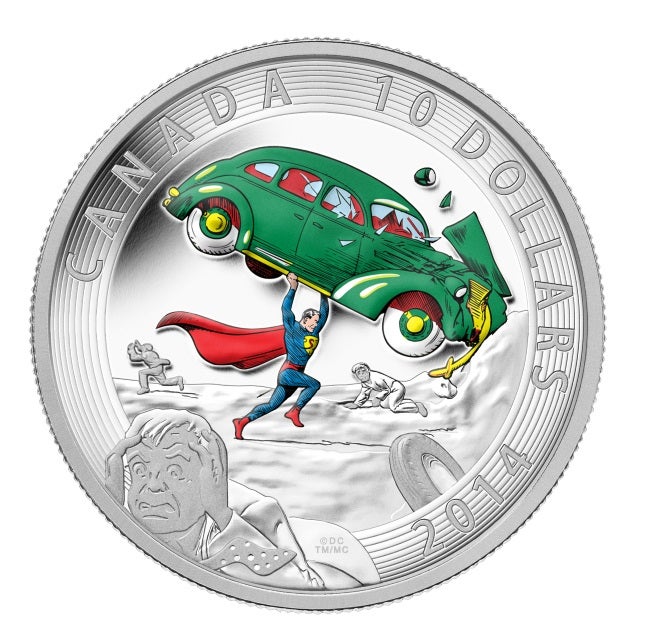
Videos by ComicBook.com
Both the Shusters and the family of co-creator Jerry Siegel have been fighting with Warner and DC over this for years; a provision in the 1975 Copyright Act allowed intellectual property originators to seek reclamation of copyrights they had previously assigned to others if certain conditions are met. The clause was created to make good with creators who may have believed they were parting with much more limited rights than they turned out to have done, since prior to the ’70s the Copyright Act protected rights-holders for a shorter period of time.
DC have long contended that a 1992 deal they made with the family had included a clause that forfeited the right to reclaim the Superman rights. The deal included pension payments to Shuster’s sister, Jean Peavy.
Shuster attorney Marc Toberoff has contended that nobody could have terminated the rights in 1992 since it was not until 1998 that termination rights were given to executors of an estate, instead of just children and spouses. The petition for review drew amicus briefs from organizations including the The Society of Children’s Book Writers and Illustrators.
But the Ninth Circuit, in its 2-1 decision, argued that the Shuster family’s reading of the Copyright Act would have conflicted with “extensive legislative history,” although opponents including the aforementioned SCBWI, argued that the Ninth Circuit is particularly hostile toward copyright plaintiffs.
Comic book creators have had little success reclaiming their creations, as most Marvel and DC Comics work has been done under work for hire contracts and the legal system has typically found them to be binding. Some courts have read the cases differently, though, and some specific cases have been found to be more complex than they appear at first. Recently, Marvel settled out of court with the heirs of comic book legend Jack Kirby. Terms were not disclosed.

